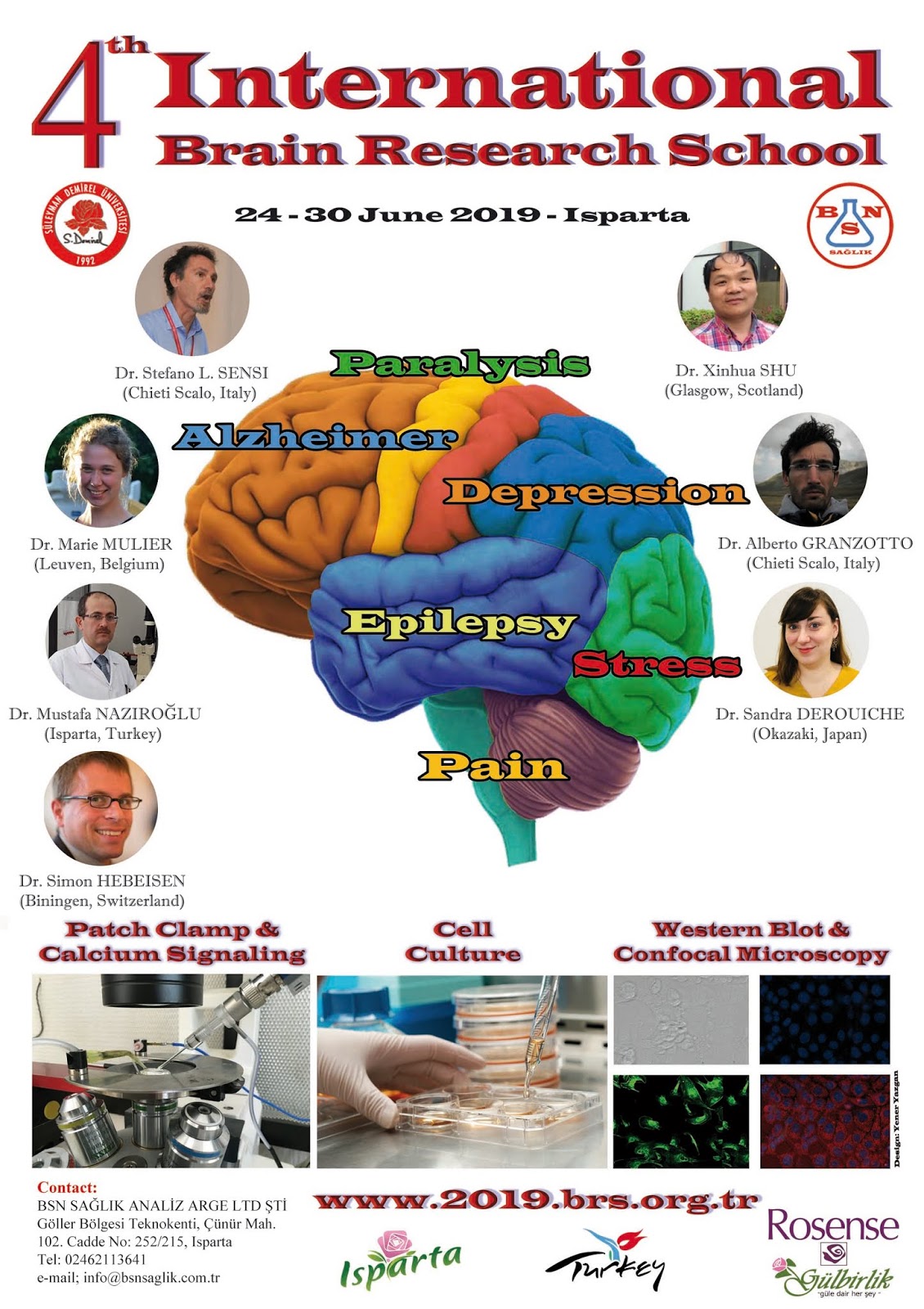CYBER-COUNSELING & ONLINE THERAPY













Online Counseling
Online counseling is the transmission of therapeutic interventions in World Wide Web between a trained professional counselor and client. There are several terms used for online counseling including online or Internet therapy, e-counseling, e-therapy, cyber therapy, e-mail therapy, web counseling, Internet counseling, cyber counseling, synchronous single-session counseling, and therapy-e-mail. Virtual reality environments have also been used to conduct counseling whereby it’s allowing both synchronous and asynchronous communication (Bambling, King, Reid, & Wegner, 2008). Mallen and Vogel (2005) provides a comprehensive definition of online counseling, “any delivery of mental and behavioral health services, including but not limited to therapy, consultation, and psych education, by a licensed practitioner to a client in a non-face-to-face setting. From this perspective, online counseling is not seeming as a new way of favor therapeutically with clients. Therefore, it is not seen as different from face-to-face counseling.
We know how hard it can be to find a therapist outside major cities in Japan.

For adults who cannot come to the TELL Counseling offices in Tokyo or Yokohama because of distance or physical disability or who cannot find face-to-face services in their area, TELL Counseling offers distance counseling, which can be done by video services such as Skype.
This service is offered for clients who are affected by problems such as:
- depression and other mood disorders
- anxiety
- stress
- cultural adjustment issues
- personal growth (making difficult decisions)
- family-related problems
- workplace-related problems
- problems in relationships
However, distance counseling is not recommended for those taking psychotropic medication or in need of psychiatric assessment, as the therapists cannot monitor medications or work with local doctors. Due to the limitations in interaction, we do not offer the service for couples, families or children.
To determine whether or not distance counseling would be the best method of therapy for you, please email us at clinical.assist@telljp.com for more information.Does Online Therapy Really Work?
Services like BetterHelp and Talkspace allow users to find therapists online, and conduct sessions through a mix of texts, e-mails, and video calls.

Psychotherapy has long prided itself on being a very powerful, but inherently slow, process. Traditionally, this has worked well in cementing relationships between practitioners and patients, who spend many hours together within the course of treatment. These qualities, however, have collided awkwardly with the modern world.
Today, when it’s easy to go shopping, do your banking, and finish a full day’s work without once speaking to another person, it’s easy to see why, cutting more than fifty minutes out of a day to talk about your personal problems might seem not only wildly impractical, but unnatural.
The rise of internet-based therapy offers a happy middle ground. Services like BetterHelp and Talkspace allow users to find therapists online, and conduct sessions through a mix of texts, e-mails, and video calls. Users can access their mental health providers whenever it’s convenient; on their phone or on their desktops, during lunch break or after work.
But does it work?
A study involving patients who sought therapy for work stress, marriage trouble, anxiety, depression, or parenting found that patients were as happy with the outcomes of online therapy sessions as those who saw a counsellor face-to-face. Patients who underwent treatment online were just as happy with the skills and experience their counsellor possessed as those who went in person, and reported that their counsellor made them comfortable enough to be open. Online therapy may even be better for certain patients. Men seemed to prefer it, given its degree of anonymity and the stigma around men seeking help for mental or emotional issues.
These initial studies suggest that online therapy shouldn’t be underestimated simply because of its modality. See a therapist in a virtual online office, have an appealing, and immediately accessible alternative.
by Ryan Baird Thompson
An undergraduate honors thesis submitted in partial fulfillment of the requirements for the degree of Bachelor of Science in University Honors and Psychology
Thesis Advisor
Professor Dave Fischer
Portland State University
2016
PSYCHOLOGY AT A DISTANCE
Abstract
Online therapy presents both potential benefits, and possible hazards, when compared with
traditional face-to-face (FTF) therapy. Questions of clinical efficacy are of primary interest to mental health workers and researchers. In this literature review, I break the concept of efficacy into a tripartite investigation of outcome, process, and self-report evidence. The outcome evidence indicates that teletherapy patients experience similar results compared with control groups. The process studies indicated that working alliance was unaffected by the medium of communication. Finally, the survey studies reported that clients were predominantly satisfied with online therapy. Therapists, however, had misgivings about the online therapy environment. These findings appear to suggest that online therapy is clinically efficacious and is equivalent to traditional therapy.


Comments
Post a Comment